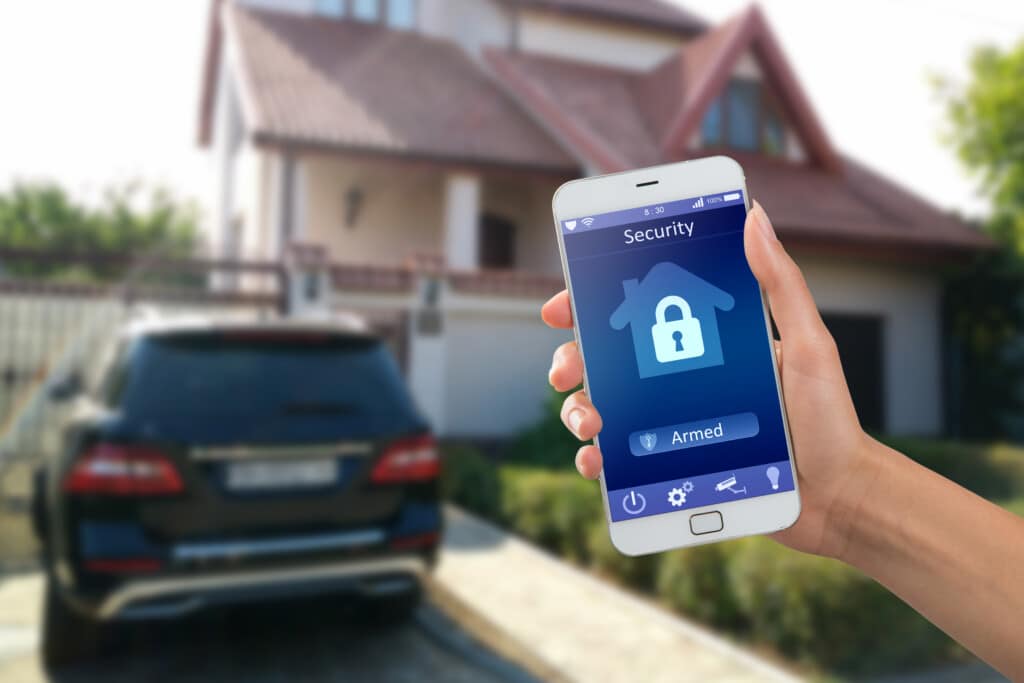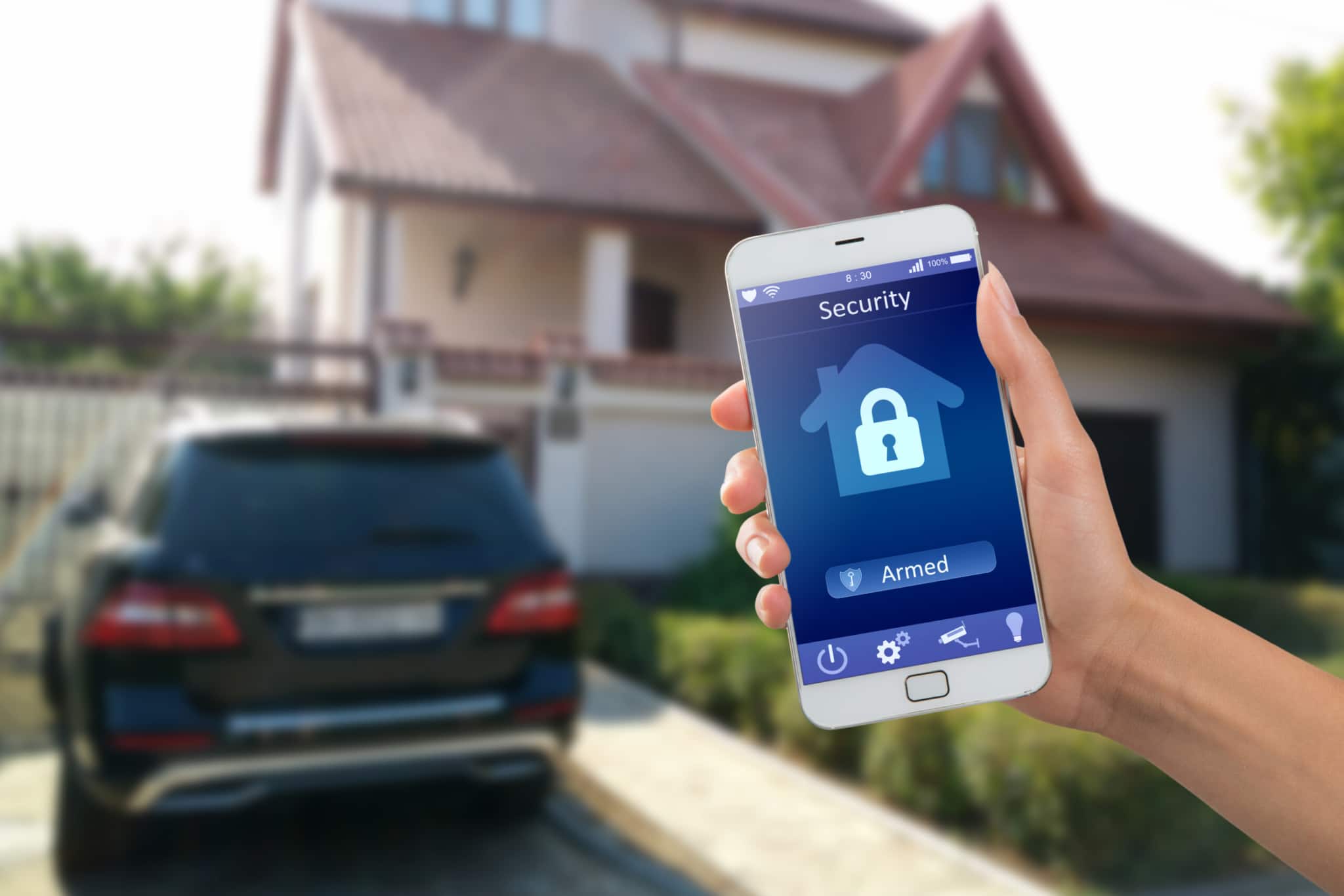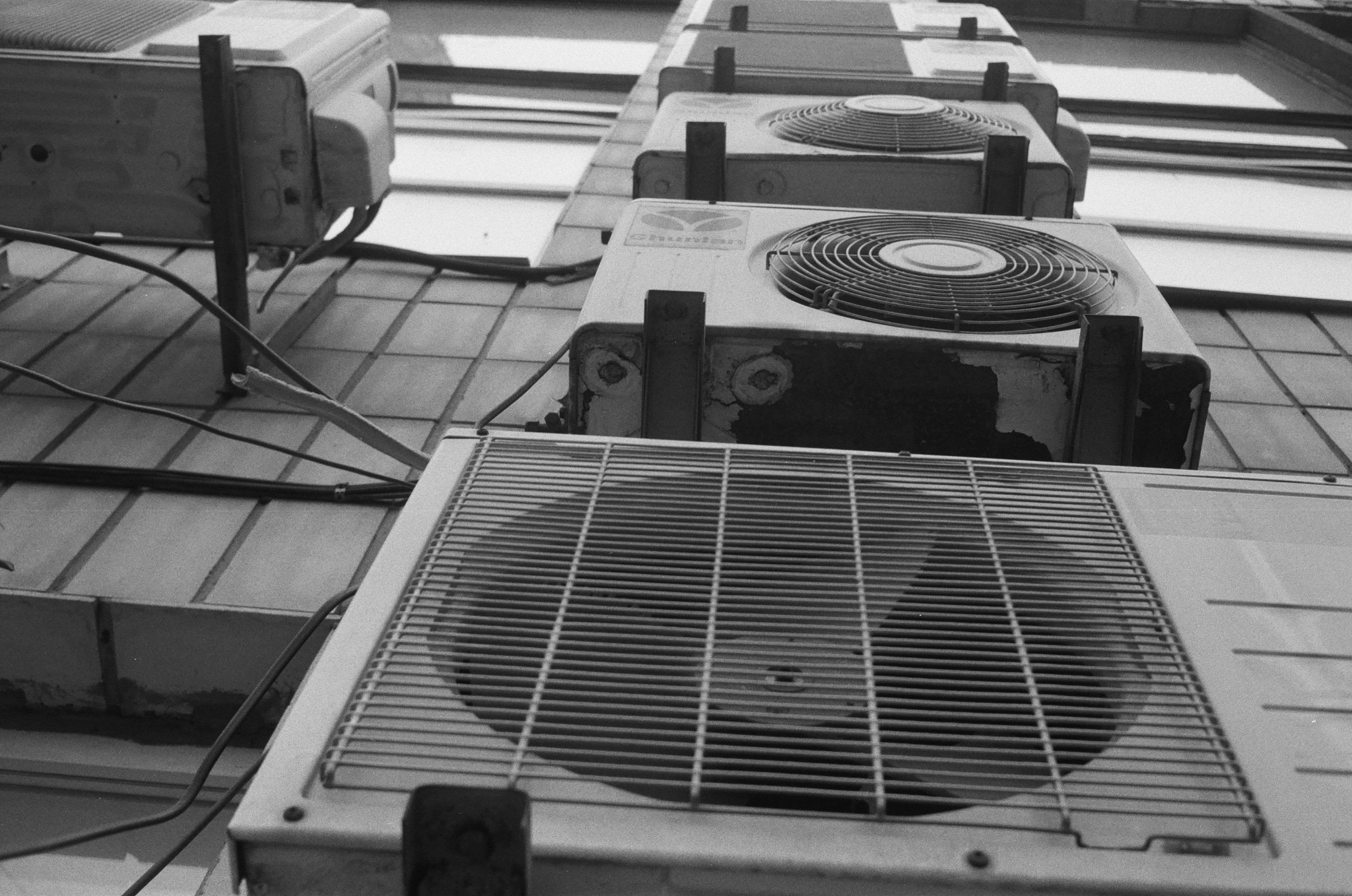Keep Your Home More Secure With These 21 Tips

Once you move into a new house, you will be busy decorating, unpacking, and setting up utility services to make it as comfortable as possible, as quickly as possible.
However, you should not let the home security aspect slip your mind during move-in. It needs to be at the top of your priority list!
And while taking steps to make your home safe and secure might seem daunting at first, you can make some easy changes and additions to enhance security almost overnight.
Read on for 21 tips to help make your home safer.
1. Add a Security System
Home security systems are essential to keeping your home and belongings safe. Whether you activate it only when leaving the house or arm it overnight to protect you while sleeping, security systems are ideal for your safety.
If you have a home security system, you may be eligible for discounts on your home insurance. To speak with an Insureberry agent about available discounts, call (877) 962-4776!
2. Hang Security Cameras
Along with your security alarm system, make sure to hang cameras to keep an eye on your premises. These can take many forms, from smart home security monitors to doorbell cameras, whatever works best for you.
Additionally, if you have any old smartphones or tablets around the house, you can turn them into extra security cameras for the interior. Download the free application Camio to transform your devices into little camera monitors.
Older smartphones and tablets do not tend to be waterproof, so try not to install these homemade cameras outside. Instead, a cell phone propped up on a bookshelf will help you monitor your home.
3. Answer the Door Safely
It can be tempting to open the door right away when someone knocks, but this is actually quite a dangerous practice. To ensure your safety, check to see who it is and what they want. Installing a peephole or Ring Doorbell is a great way to help with this.
If the visitor is an unexpected stranger and is not expecting any deliveries or repairs, it might be best not to let them inside. This might seem rude, but it’s better to be safe than polite.
4. Apply Window Film
Add another level of security and privacy to your home by using window film. It can be applied to all kinds of glass surfaces, including side pane glass at the front door, porch windows, patio doors, and more.
While you will still be able to look through the glass, possible intruders or even just nosey neighbors won’t be able to see inside. This is especially important for securing your home after nightfall when it’s easy to peer inside!
5. Bring in Your Mail
Don’t let your mail sit outside overnight. Whether it is newspapers, fliers, letters, or door-to-door advertising, always bring your mail in every day to avoid people discovering your name and stealing your property.
6. Build a Burglar Decoy
To prepare for the worst-case scenario where a burglar gains entry to your home, you can put together a decoy that will stall them.
Most burglaries are of the “smash and grab” variety, which means the perpetrator does not take the time to search for specific items to steal before the alarm goes off. Take advantage of this with a burglar decoy!
Fill a box or sock drawer with some petty cash, a few unimportant papers, and costume jewelry to make it look like a convincing stash. That way, if a burglar does enter, they will likely grab the decoy and leave as quickly as they came.
7. Change Your Locks
As soon as you move into a new place, it’s generally a good idea to change the locks. Because you don’t know who had access to the house or apartment before you moved in, there is a risk spare keys are circulating amongst former tenants.
8. Close Blinds and Curtains
It’s a good idea to shut your blinds or curtains at night. If your windows are not covered after dark, it makes it incredibly easy for anyone passing by to see directly into your home, including people with ill intentions.
9. Display Warning Signs
If your house does not have a branded security company protecting it, put up fake security signs to ward off criminals. The mere threat of a home security system is sometimes enough to deter a break-in from happening.
Additionally, people have had success with signs that warn about dangers to the possible intruder, including “Beware of Dog” notices.
10. Don’t Post Your Keys
Some homeowners might not know it, but key cutters can sometimes make a key based solely on the photo of a particular one. So, don’t share photos of your keys in any place where other people can view them.
And while posting a photo of your keys might seem a little too far-fetched, people do it more often than one might think! So, before you post a photo of your new sponsorship keychain, think twice about the danger you are risking.
11. Door Security
Making sure your doors are secure and unable to be broken down is essential to home security. And luckily, there are many options for adding security to the doors around your house, including the following:
- Door Brace—By bolting a door brace to your front entryway, you can ensure it cannot be kicked down. A door brace allows doors to sustain hundreds of pounds of blunt force when in the locked position.
- Deadbolt—There are many types of deadbolts for your doors, including specialized ones for front doors, utility rooms, and even bedrooms. But a single-cylinder deadbolt with a 1” throw will generally do the trick!
12. Double Check When Workers Leave
Home intruders have been known to masquerade as guests or contractors before, so make sure you know who has entered and left your home. Check all windows and doors to ensure they have remained locked as well!
13. Fake Goodbyes
If you live alone or are the last to leave the house in the morning, it’s a good idea to fake a goodbye. Pretend to wave and say goodbye to someone inside when going, so it seems at least one person is home throughout the day.
14. Get a Safe
Make sure your valuables and important documents are protected by investing in a safe. These units come in many sizes and can hold everything from jewelry to passports.
Your safe should be heavy enough or anchored to prevent a thief from simply taking the entire thing, as well as fire-resistant and waterproof in case of a natural disaster. Look for safes with redundant locks for added security.
15. Install Sensors (window and glass break)
Though installing window and glass break sensors can be pricey at the outset, these handy devices will pay for themselves in the long run by giving you peace of mind and enhanced home security.
16. Keep the Garage Closed
Because the garage is a common entry point for intruders or burglars, keeping it closed will increase your home’s security. In general, an open door is an open invitation, so keep them all shut.
17. Light it Up
Potential criminals do not typically target houses with well-lit exteriors, making it easier for them to be spotted. So, make sure that you install ample outdoor lighting across your property!
Hang lights from trees and pergolas, line your fences with lightbulbs, and illuminate all pathways and outdoor structures. Ensure your garage and porch lights are working and turned on as soon as it gets dark outside.
18. Lock Everything Up
It might seem obvious, but keeping all your doors and windows locked is the best way to improve home security. In general, a locked house is a safe house.
This is especially important during the night—before bed, make sure to walk around the house and check all the doors and windows, not forgetting the patio, garage, and other entries likely to slip people’s minds.
19. Sleep with Car Keys Handy
Even if you have a burglar alarm or security system installed in your home, add an extra layer of security by using your car as an emergency system.
Put your car keys next to the bed when you sleep so that if you hear someone trying to break into your home during the night, you can easily hit your vehicle’s alarm button and hopefully scare them off.
20. Secure Your Wi-Fi Network
Home security is not confined to the physical aspects of locking doors and windows. Ensure that your wireless networks are also secure and locked down to prevent your private information or financial data theft.
To properly secure your Wi-Fi network against outside interference, try these steps:
- Create strong passwords that cannot be guessed easily, including capital letters, lowercase letters, numbers, and special symbols. Don’t use birthdays, anniversaries, or the names of family members or pets.
- Enable WP or WPA2 data encryption to protect access.
- Implement a good quality firewall.
- Install both antivirus and anti-malware protection software.
- Rename your home network to something innocuous and hide its visibility.
- Secure your wireless router and associated hardware.
21. Tidy the Yard
It’s a good idea to keep the area around your home free of any items that can be used against you. For example, keep the yard clear of tools or ladders that could be useful for an intruder to access higher floors or break into your home.
Now it is time to enhance your home security and implement a few of the safety measures listed above!
For more safety tips, check out our blog on flood preparation.




There are no comments
Comments are closed.